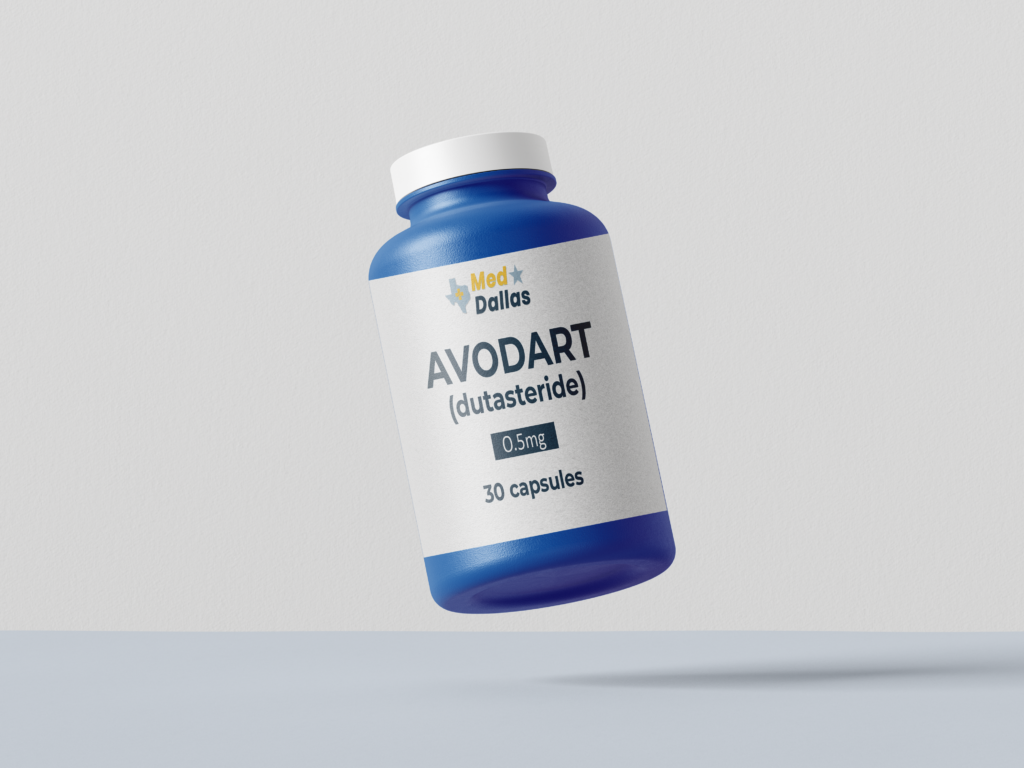
Hair Care
Dutasteride Capsules
Dutasteride Capsules are used to manage Benign Prostatic Hyperplasia (BPH) and are also used off-label for male-pattern baldness. As a 5-alpha-reductase inhibitor, dutasteride reduces levels of dihydrotestosterone (DHT), a hormone that contributes to prostate tissue growth. It helps decrease prostate size and relieve symptoms of BPH, and its long half-life means that its effects and potential side effects may persist even after stopping the medication.
